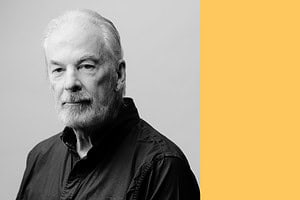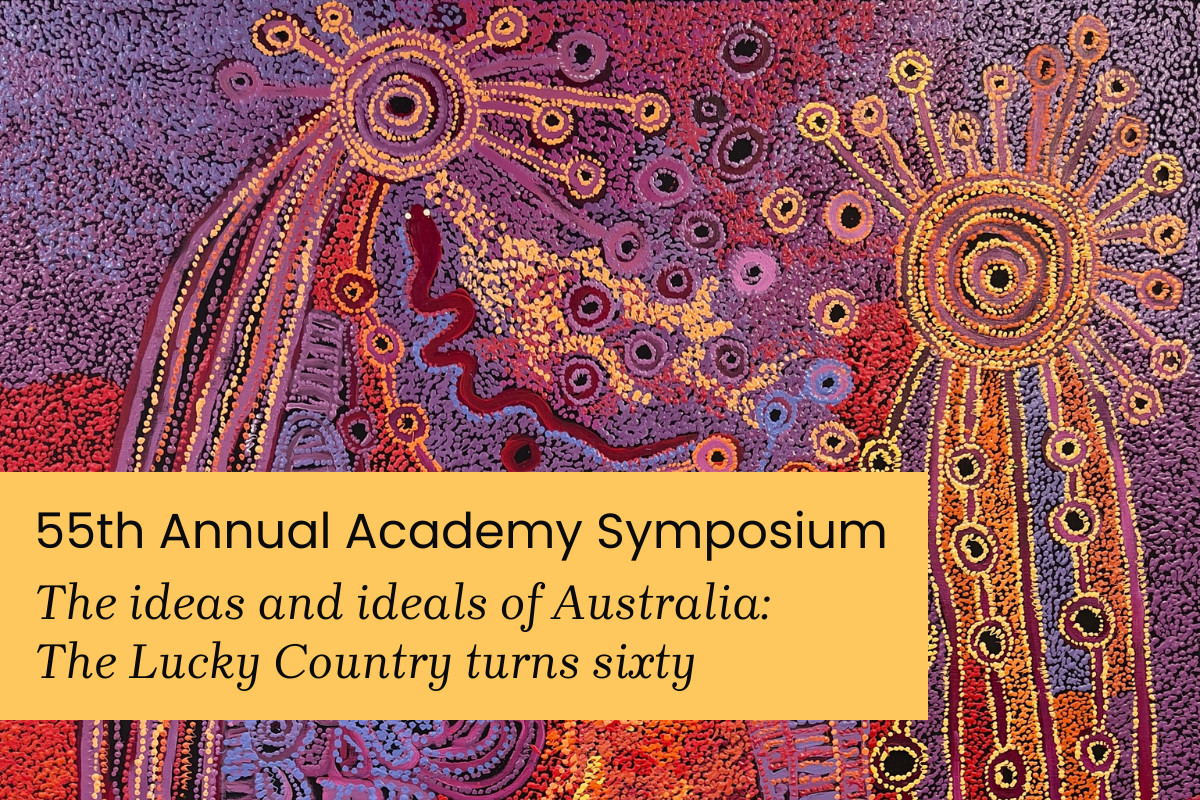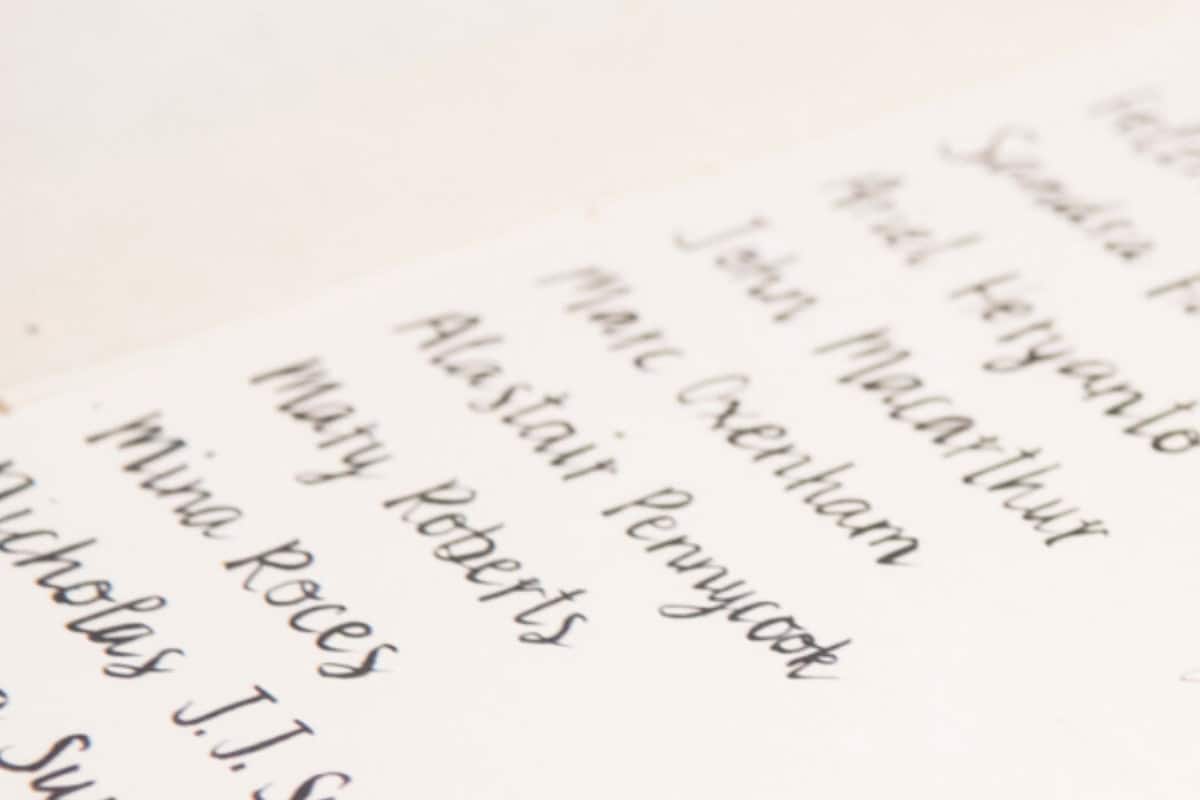Thursday 14 November, 9.45 – 11.15am
Donald Horne published The Lucky Country at a time when that era’s version of the culture wars – the cold war confrontation between the West and the Communist world – was beginning to give way to concepts such as the ‘quality of life’ and causes and issues such as decolonisation, environmental protection and civil rights. Horne’s polemic helped set the terms of debate about national identity, but changes in the economy, politics, media, society, and geopolitical orientation since have drastically altered the terrain for such discussion. Are there possibilities for the reconstruction of community beyond our own century’s rising inequality and perpetual culture wars? And what role might the humanities play as a source of inspiration and expertise for a more civil discourse and an expanded sense of political possibility?
 Chair: Emeritus Professor Shirley Leitch.
Chair: Emeritus Professor Shirley Leitch.
Shirley Leitch is an Emeritus Professor in the ANU Australian Studies Institute. She was formerly Deputy Vice-Chancellor (Global Engagement) and Dean of the College of Business and Economics at the Australian National University. Her research is focused on public discourse and change, including science-society engagement in relation to controversial science and technology. She recently co-edited the book, Rethinking Social Media and Extremism and a further book for ANU Press, Because COVID …: Pandemic Responses, Rationales and Ruses is currently in press.
Speakers
Emeritus Professor Graeme Turner AO FAHA FQA
Paper title: Imagined Communities 2.0: Media, information and a diminished political culture.
As a number of studies in recent years have demonstrated, Australia today is very different to the one we can read about in Horne’s The Lucky Country. Increasing inequality, political polarization, cultural division and social fragmentation have undermined the idea of the nation as a cohesive and inclusive imagined community. To function properly as a democracy, the nation depends upon an informed citizenry; open, trusted and accountable systems of governance; and a broad commitment to the centrality of the public good. In this presentation, I focus on just two key elements of the current situation that continue to stand in the way of such a project as we deal with the post-digital formation of the imagined community. First, there is the entrenched toxicity of Australia’s diminished political culture over the last twenty years and, second, the roles played by social media and the mass media in enabling and profiting from that culture, while fuelling its toxicity.

Graeme Turner FAHA is Emeritus Professor of Cultural Studies at the University of Queensland. A former President of the Australian Academy of the Humanities (2004-07), founding Director of the Centre for Critical and Cultural Studies at the University of Queensland (2000-12), a Federation Fellow (2006-11), and convenor of the Australian Research Council (ARC) Cultural Research Network (2006-10), Emeritus Professor Turner is one of the leading figures in the humanities in Australia. His research has covered a wide range of forms and media literature, film, television, radio, new media, journalism, and popular culture. He has published 30 books with national and international academic publishers. His most recent book is a ‘state of the nation’ account of Australia’s political culture, The Shrinking Nation: How we get here and what we can do about it, published by UQP in 2023.
Professor Emeritus Julianne Schultz AM FAHA FRSN
Australia is a stalled work in progress. If we need evidence look to the referendum last year and the failure since to have any sort of reckoning.
When Donald Horne published The Lucky Country sixty years ago, he crystallised a nascent sense of national identity that took many by surprise. The post war years forced changes around the world, empires fractured, new nations emerged, the cold war reorganised global power, and a reckoning with past inequities galvanised a profound social change.
Australia had been slowly and quietly coming to terms with this enormous social, political and economic shift. But in 1964, the year The Australian also commenced, the urgency of the desire for change became manifest as The Lucky Country became an unexpected best seller. The reaction to the publication of Horne’s book was a tangible sign that this hunger had reached into the suburbs, although it took another eight years before the Whitlam Government was elected and nation shaping change was implemented.
Over the following four decades this produced a new expressions of Australian identity, increasing recognition of the Aboriginal and Torres Strait Islander peoples and their ancient cultures, a readiness to interrogate the past and imagine the future, political independence from the UK, the end of the white Australia policy, a transformed economic framework, and a stronger role in the region. Over this period the cringe that had bedevilled the nation gave way to a strut. But in the last years of the century the vigorous public discussion that is an essential precondition of change was silenced.
I mark the end of this phase as the Sydney 2000 Olympics, which Paul Keating at the time feared was the end of the beginning. In the 21st century awash in a sea of globalised popular culture and politics, it is harder to assert national identity in a positive inclusive way but that is the challenge we face. It seemed pretty daunting in 1964 as well.

Dr Julianne Schultz is Professor Emeritus of Media and Culture at Griffith University’s Centre for Social and Cultural Research. Her acclaimed book, The Idea of Australia: A Search for the Soul of the Nation is being produced by Blackfella Films as a four-part series for broadcast by SBS in 2025. She is a member of the board of the Sydney Writers Festival and writes a regular column for The Guardian.
From 2019 – 2023 she was the chair of The Conversation Media Group the global online news and information service based in Melbourne, with a global network of academic and media collaborators and partners. She was the publisher and founding editor of Griffith REVIEW from 2003-2021, the award-winning literary and current affairs quarterly established by Griffith University to provide a public intellectual leadership and a platform for long-form essays addressing topical issues beyond the daily news agenda. She also chaired the Australian Film TV and Radio School, the reference group for the 2013 National Cultural Policy, Qld Design Council and served as a non-executive director of the ABC, Copyright Agency, Grattan Institute, and The Conversation.
More speaker sessions to be announced.



